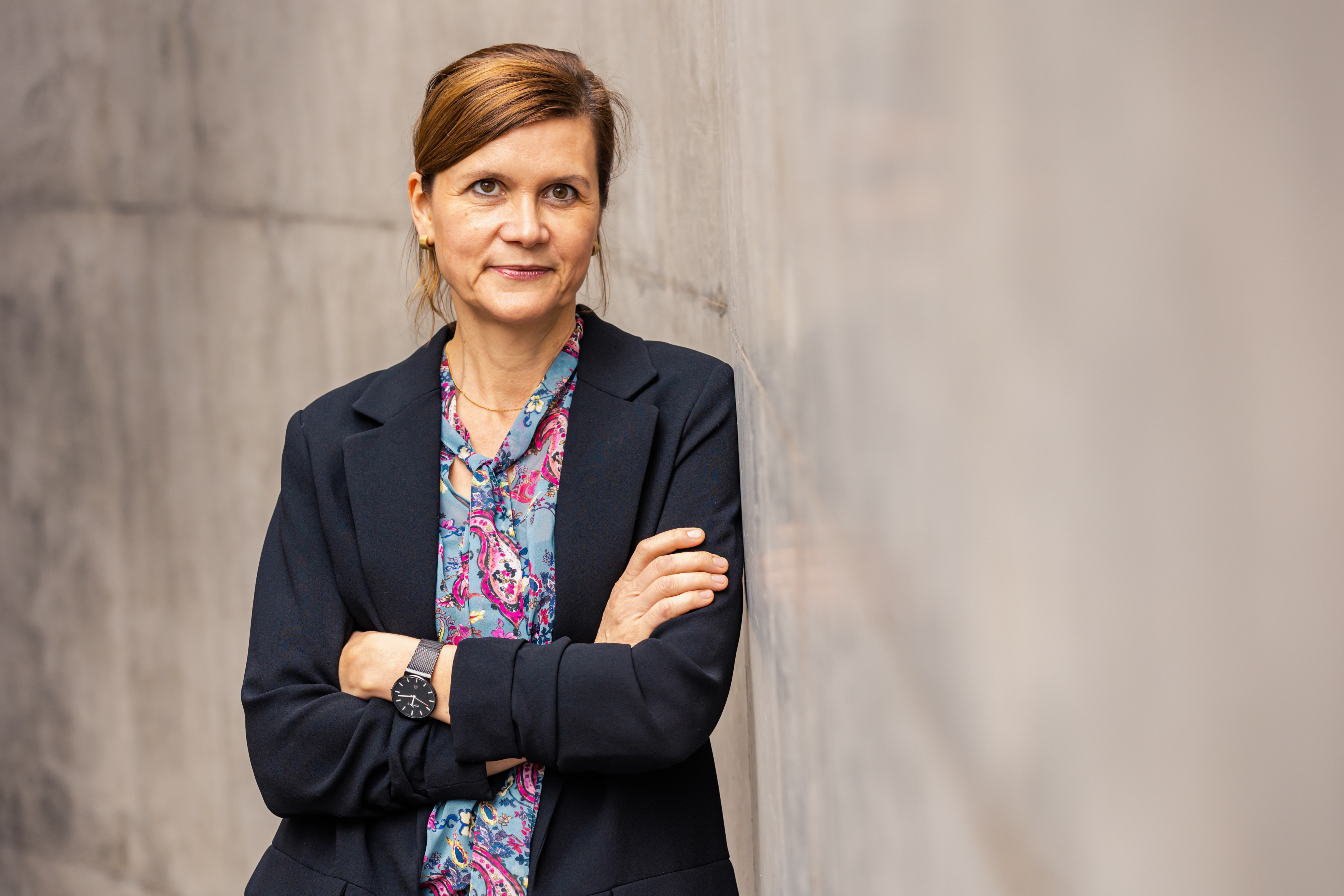Background of “6-R-Konzept”
The “6-R-Konzept” was the only project focusing on pig feed to be selected for KlimAgrar last year, a project evolving out of an innovation program of the German Ministry of Food and Agriculture (BMEL). The project presents observations on research for climate-responsible behavior in the agricultural industry and links a total of 33 projects from the areas of soil, crop production and livestock production. The “6-R-Konzept” had already received previous funding from the BMEL. The goal is to investigate the specific substances in rye and rapeseed and to take advantage of possible positive effects from greater amounts of rye in feed mixes for pigs. As part of the KlimAgrar research project, now the intention is to verify how climate-responsible behavior can be supported through the efficiency of rye cultivation and its particular effect in feed on the welfare of animals. “The enormous potential savings on CO2 through modified feed concepts show just how great the potential of hybrid rye itself is — both in terms of animal nutrition and crop management and in light of cultivating this type of cereal in a resource-efficient manner,” von Felde says. “For this reason, we’re very pleased to be a part of KlimAgrar with the ‘6-R-Konzept’ and have the opportunity to make a significant contribution to climate protection.” The scientifically derived data is currently being verified in operations through feeding trials involving more than 20,000 animals. The results from these trials are expected in June 2020.
1 The abbreviation 6R derives from the project title “Regionale Renaissance von Roggen und Raps zur Reduktion von Problemen in Pflanzenbau und Tierproduktion durch Re-Evaluation der Inhaltsstoffe und deren gezielte Nutzung zur Förderung des Umwelt-, Tier- und Verbrauchers” (“Regional renaissance of rye and rapeseed to reduce problems in crop and livestock production through the reevaluation of substances and their systematic use to support environmental, animal and consumer”). The “6-R-Konzept” is under the direction of Prof. J. Kamphues from the University of Veterinary Medicine, Hannover. Two other institutes of animal nutrition (Free University of Berlin, Institute of Animal Nutrition, represented by Prof. Jürgen Zentek; University of Bonn, Institute of Animal Sciences, represented by Prof. Karl-Heinz Südekum) are also involved. KWS is an industry partner; the Deutsche Raiffeisenverband (DRV), with its many member farming operations, is involved in the research association.



